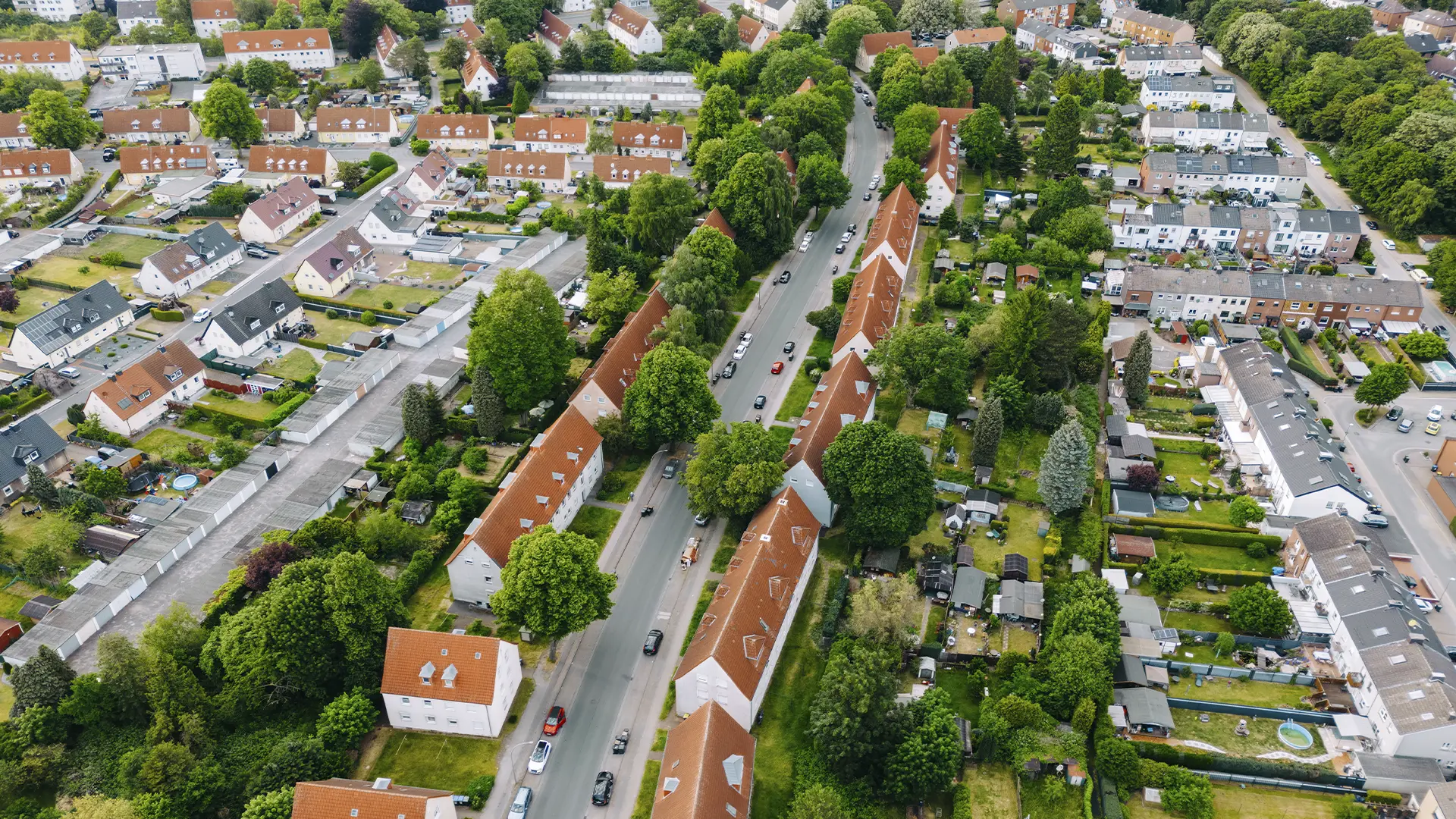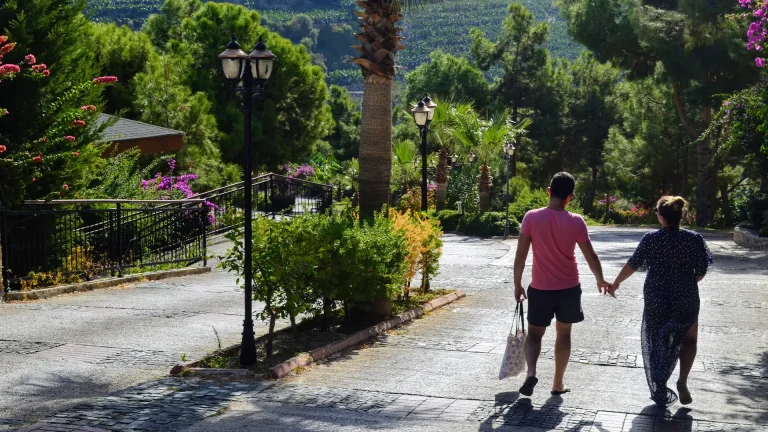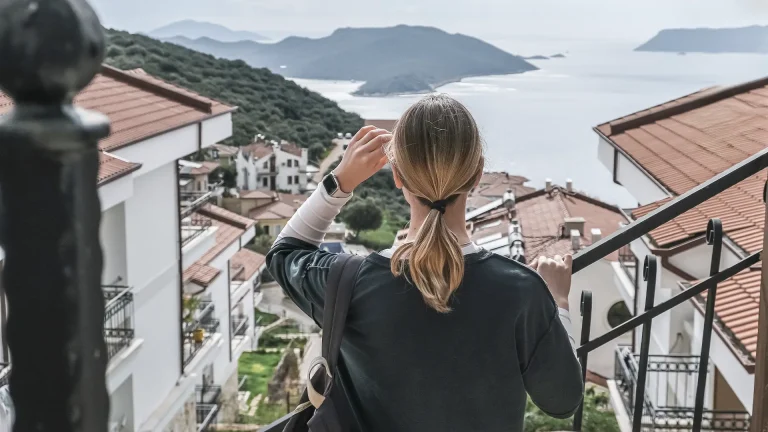Moving to a new country is more than just a logistical shift — it’s an emotional and psychological journey. As an expat, you may find yourself settled on paper but still feeling like an outsider months, even years later. Why is it so hard to truly feel at home abroad?
Psychologists suggest that a sense of “home” is tied not only to place, but to belonging, familiarity, and control. You can learn the language, land a job, and build a social circle — but without the feeling of rootedness, something often remains missing.
One major factor in this emotional grounding is having a physical space that’s truly yours. For many long-term expats, buying a home — rather than renting — plays a key role in developing that sense of permanence. If you’re considering that step, our Step-by-Step Guide to Buying an Apartment in Germany can help you understand how to make it happen.
Home Is Where You Shape Your Life
Unlike a temporary rental, a home you own can be modified, decorated, and arranged to reflect your identity. Small rituals — painting the walls, choosing your own lighting, planting something on the balcony — give a sense of authorship. You go from “living in Germany” to “living in your place in Germany.”
This shift in perception can be powerful. Research shows that when people feel in control of their environment, their stress levels decrease and emotional resilience increases. That’s especially important when adapting to a new culture and dealing with the challenges of being far from family or familiar routines.
Belonging Takes Time (and Intention)
It’s also about people and participation. Feeling at home is easier when you become part of the local rhythm: shopping at the same market, greeting neighbors, knowing the holiday traditions. Buying a property won’t instantly make you a local, but it may be a catalyst for deeper engagement. You might join a building committee, get to know long-term neighbors, or take more interest in your area’s development.
Creating Your Version of “Home”
Of course, home doesn’t look the same for everyone. For some, it’s the quiet of a morning coffee in a familiar kitchen. For others, it’s hosting friends or decorating for the holidays. The key is creating a space and routine that feels safe, personal, and intentional — wherever you are in the world.
Final Thought
Feeling at home abroad is both a process and a mindset. It involves building connections, creating routines, and sometimes, making long-term decisions — like buying your own space.





